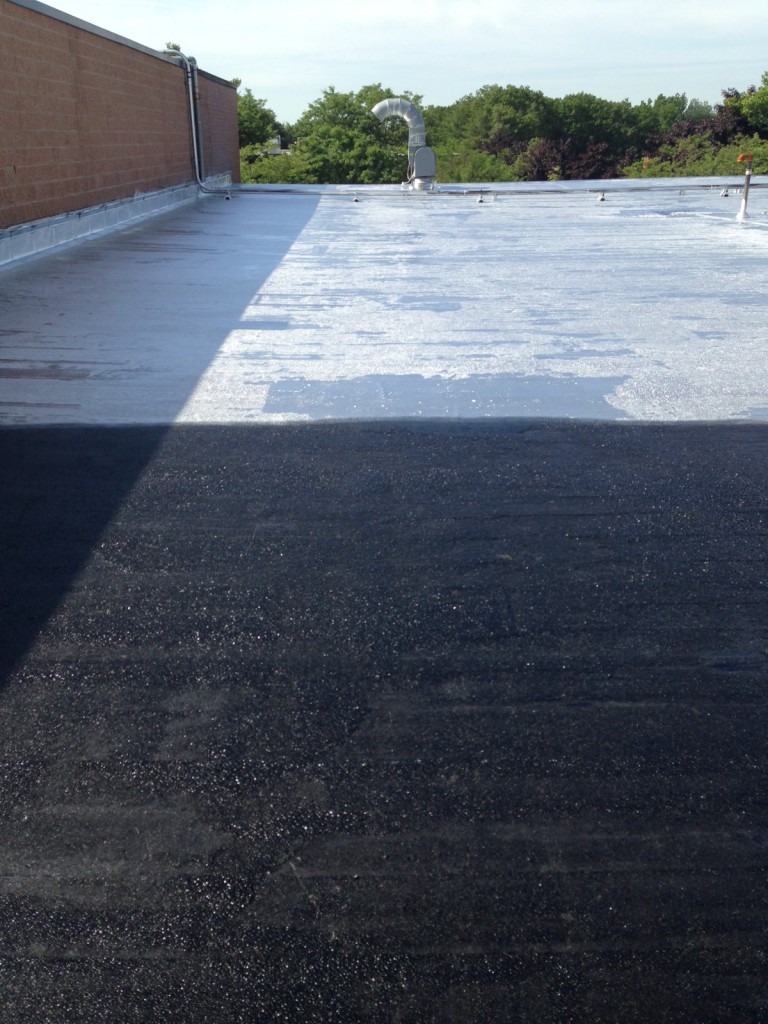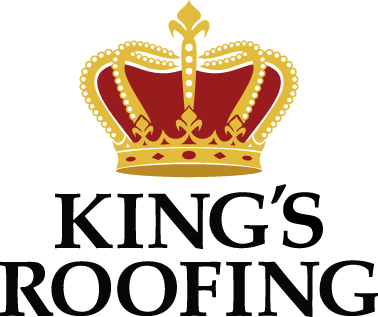3 Things You Need To Know About Torch Down Roofing

When constructing or replacing a roof, there are several different types of materials a homeowner may consider. Note that the available options may depend on the load the walls were built to support. For instance, aluminum or metal roofs are much lighter than asphalt roofs and so the walls may be built to support a lighter load. However, if a home already supported asphalt roofing, torch down roofing may also be an option.
- The Materials Involved
Torch down roofing involves the use of asphalt, fiberglass and bitumen sheets. The applied heat helps to create a strong and durable material that also provides excellent insulation. This roof type is resistant to UV rays, which makes it ideal for hotter climates. It also holds up well against heavy snow loads in the winter. One of the most common reasons people love this type of roofing is the look of it.
- Higher Cost
The benefits of this type of roofing do come at a cost. It tends to be more expensive per square foot than other types of roofs. Even so, its longevity and energy-saving features may help it to pay for itself over time. Traditional asphalt roofs last for just 12 to 20 years, while torch down roofs last for 15 to 20 years or longer.
- You Need a Contractor
There are some home improvement projects that may not always require a contractor. This may involve repainting walls or ripping up the old carpet before a professional installation. Because this type of roofing requires the use of fire, there is always a safety hazard. This makes it a job best left to the professionals.
When choosing a contractor for torch down roofing, confirm that they have years of experience in completing this type of roofing. You also want to ensure they are licensed, bonded and insured in case anything goes wrong. Once you choose the right contractor, however, you are well on your way to enjoying one of the best improvements you can make to your home to increase its value.
